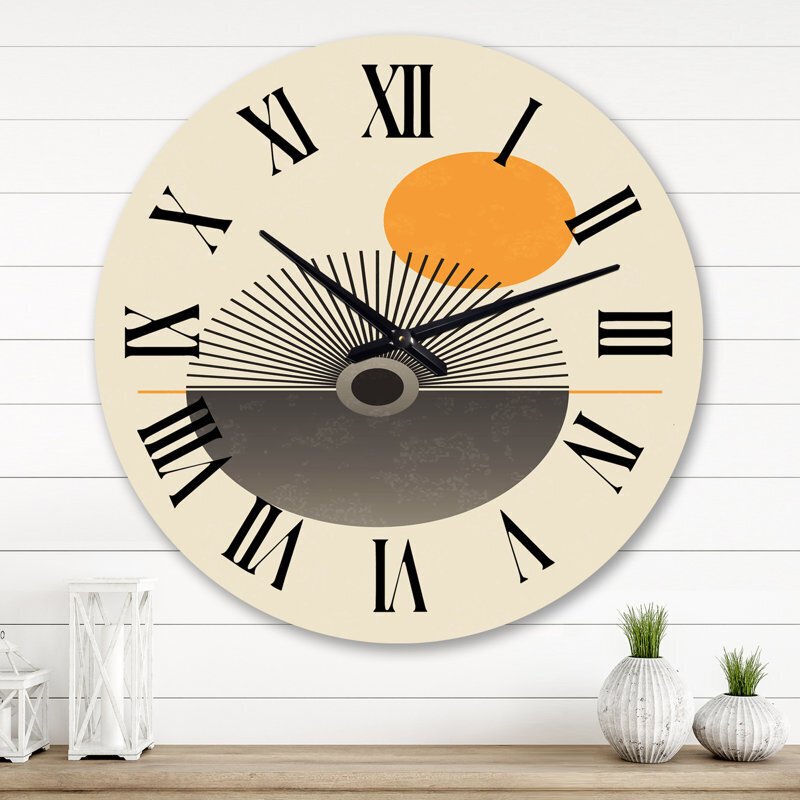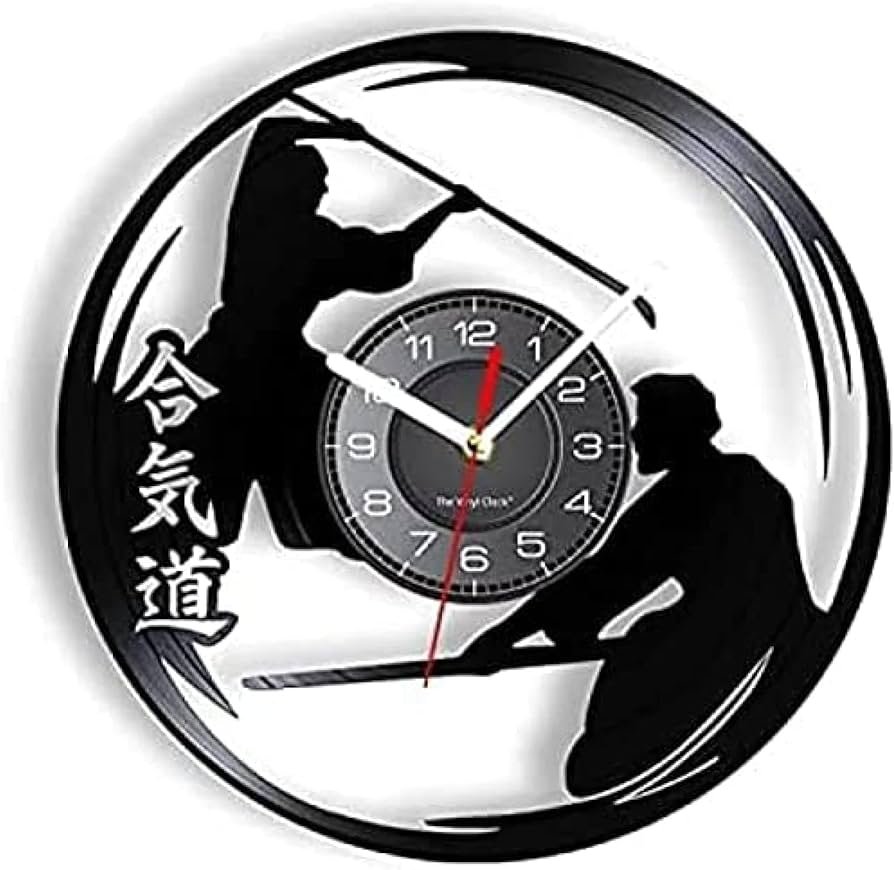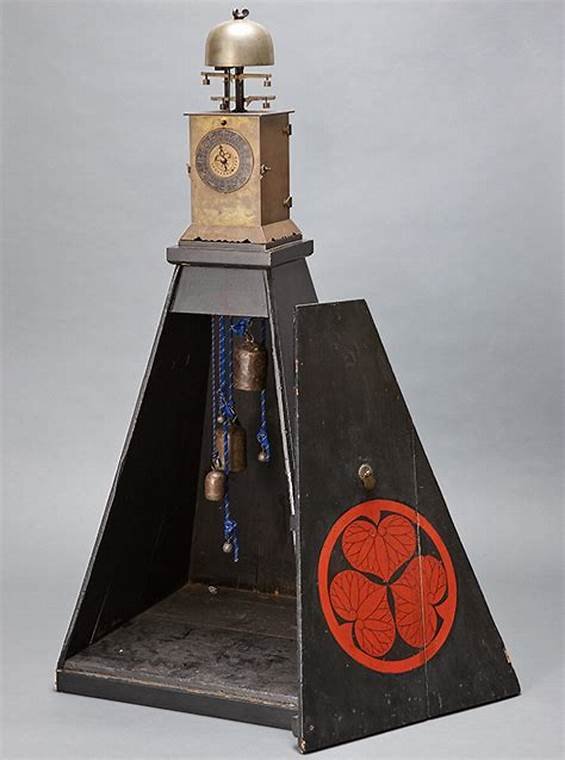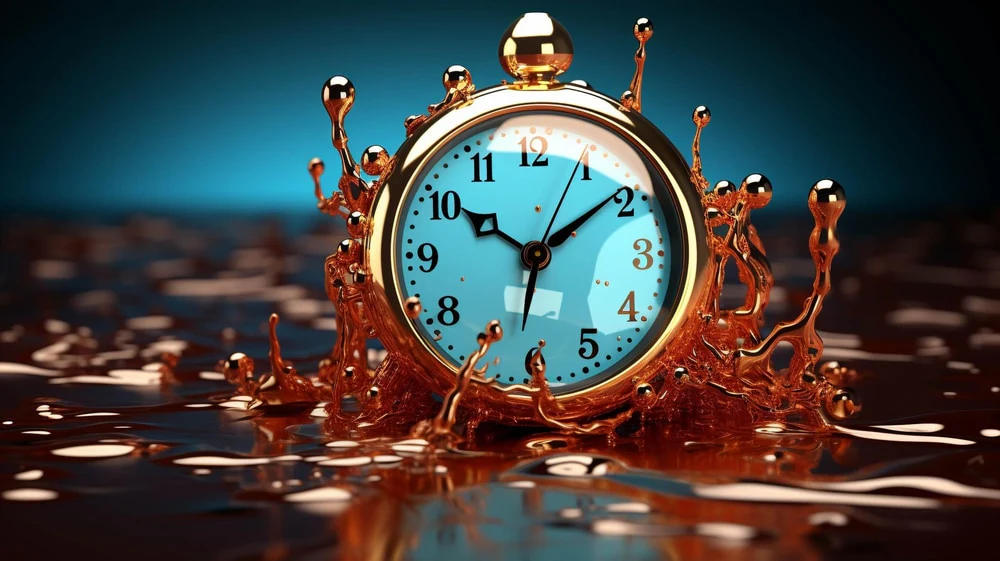Japanese clocks have long fascinated not only horologists and collectors but also the broader world of popular culture and media. These timepieces, with their intricate designs and historical significance, have made appearances in movies, television, anime, and literature. Their symbolic presence often reflects deeper themes such as the passage of time, tradition, and the fusion of past and present. In this article, we’ll explore how Japanese clocks have been portrayed in popular culture and media, and why they continue to captivate audiences.
Japanese Clocks in Film and Television
Symbolism of Time and Tradition
In Japanese cinema, clocks are often used as symbols of time and tradition. They may represent the inevitability of change, the tension between old and new, or the cyclical nature of life. These clocks serve not only as functional objects but also as powerful visual metaphors.
For example, in period dramas (jidai-geki), antique Japanese clocks are sometimes shown in the homes of wealthy families, reflecting the status and cultural heritage of the characters. These scenes often emphasize the passage of time and how it affects the characters’ lives, mirroring the broader theme of Japan’s transformation from a feudal society to a modern nation.
Clocks in Japanese Horror Films
Japanese horror films often use clocks to create suspense and tension. The ticking of a clock can heighten the anticipation of a scare, building a sense of dread as time seems to slow down. One example is the film Ju-On: The Grudge, where the ticking of a clock is used to create an eerie atmosphere. The sound becomes a reminder of the characters’ limited time before they face inevitable supernatural encounters.
In these films, clocks are more than just background props—they become integral to the storytelling, reinforcing the idea that time is running out, either literally or metaphorically.
Japanese Clocks in Anime and Manga
Aesthetics and Steampunk Influence
In anime and manga, Japanese clocks are often depicted in steampunk or fantasy settings, where mechanical elements like gears, cogs, and intricate movements are featured prominently. Anime series such as Fullmetal Alchemist or Steamboy integrate old-fashioned clocks into their world-building, blending Japanese craftsmanship with futuristic or fantastical elements. The presence of these clocks often reflects the characters’ fascination with engineering and invention.
In these stories, clocks represent human ingenuity and the mastery of time, symbolizing the intersection of art and technology. The mechanical intricacies of Japanese clocks appeal to anime creators for their visual beauty and symbolic richness, making them ideal for the detailed, imaginative settings that define the steampunk genre.
Clocks as Emotional Devices
In many anime series, clocks are used as emotional devices to evoke nostalgia, loss, or the passage of time. For instance, characters often reflect on moments from their past while looking at a ticking clock, symbolizing fleeting time and missed opportunities. In the anime Clannad, a clock is used to represent the cycle of life and the inevitable changes that come with growing older. These subtle yet powerful images remind viewers of the transient nature of time and its emotional impact on human relationships.

Japanese Clocks in Literature
A Reflection of Changing Times
In Japanese literature, clocks often symbolize the tension between modernity and tradition. This is especially evident in novels set during the Meiji Restoration, where Western-style clocks were becoming more prevalent as Japan embraced industrialization. Writers use clocks as a metaphor for the rapid changes in Japanese society and the loss of traditional values.
For example, in Natsume Sōseki’s novel Kokoro, a clock plays a key role in illustrating the shift from old Japan to modernity. As characters navigate the uncertainties of a changing world, clocks represent the passage of time and the irreversible nature of progress.
Clocks as Metaphors for Life and Death
In some works of Japanese literature, clocks are metaphors for life and death. Their constant ticking reminds characters that time is finite and that mortality is inevitable. This theme is often explored in more introspective or philosophical works, where the clock becomes a symbol of human existence.
The ticking of the clock, with its regular and inevitable rhythm, serves as a reminder of life’s fleeting nature, urging characters (and readers) to reflect on their own mortality. In these narratives, Japanese clocks take on a deeper, existential significance.
Japanese Clocks in Art and Design
Aesthetic Inspirations
The beauty of Japanese clock design has inspired artists and designers in various mediums. The intricate craftsmanship of antique clocks, particularly those from the Edo period, has influenced contemporary art installations and product design. The minimalist aesthetic of Japanese clocks, with their clean lines and elegant forms, resonates with modern design principles, making them popular subjects for art exhibitions.
Artists often use Japanese clocks to explore themes of time, memory, and impermanence. The fusion of traditional Japanese design elements with modern interpretations of time creates visually stunning works that pay homage to the rich history of Japanese clockmaking.
Japanese Clocks as Cultural Artifacts
In museums and exhibitions, Japanese clocks are often displayed as cultural artifacts, offering insight into the country’s technological advancements and aesthetic values. These clocks are not only functional objects but also works of art that reflect the craftsmanship of their makers. By showcasing Japanese clocks in such settings, curators emphasize their importance as both historical and cultural symbols.
Conclusion
Japanese clocks have left an indelible mark on popular culture and media, from films and anime to literature and art. Their intricate designs and rich symbolism make them more than just timekeeping devices—they represent tradition, innovation, and the passage of time. Whether used to heighten suspense in horror films or as metaphors for change in literature, Japanese clocks continue to captivate and inspire audiences worldwide.





Da viele Schweizer Gäste aufgrund der nationalen Sperrlisten von der Teilnahme am
Glücksspiel ausgeschlossen wurden, ist das Umsatzvolumen für das Casino nicht mehr
tragfähig gewesen. Trotz dieser Einschränkungen sorgen die Online Spielotheken in Mecklenburg-Vorpommern weiterhin für Spielspaß und bieten eine breite Auswahl an alternativen Spielmöglichkeiten an, um den Spielern eine abwechslungsreiche
Erfahrung zu bieten. Einen solche RTP-Wert (engl. Return to
Player) weisen die besten online Casinos in Mecklenburg-Vorpommern ebenfalls
auf, wobei die Quoten zum Teil sogar noch höher liegen. Mecklenburg-Vorpommern bietet
Glücksspielbegeisterten einiges an Unterhaltung.
Okay, aber haben die Spielhallen am Pfingsten geschlossen? Lediglich in einem Bundesland, in Rheinland-Pfalz nämlich, müssen Spielotheken Ostersonntag geschlossen bleiben.
In Bayern ist sogar als einzigem Bundesland am Karsamstag geschlossen. In allen anderen 15 Ländern sind sie geschlossen.
References:
https://online-spielhallen.de/der-cosmo-casino-aktionscode-ihr-weg-zu-exklusiven-vorteilen/
The gambling laws that regulated Queensland
casinos will put in place to protect the players and the casinos.
Whether you’re looking for a Vegas-style casino or a reserved gambling experience casino
in Queensland, Australia will offer you that. This program enhances the guest experience by making loyalty a tangible benefit that extends beyond the gaming floor,
rewarding players for engaging with all aspects of
the resort. It’s a low-pressure game that doesn’t require the
same level of strategy as poker or table games, but still offers the
thrill of waiting for your numbers to be called. Poker enthusiasts will find
plenty to enjoy at The Ville Resort Casino, where live
poker tables offer a chance to engage in one of the world’s most beloved card games.
Satisfied with the hotel, it’s a great place for staying in Townsville.
Check out the carefully selected restaurants and attractions near the hotel The hotel serves a buffet breakfast.
References:
https://blackcoin.co/house-of-jack-casino-review/
Central urban nest with pool gym pool free parking The Crown Metropol is a first-class luxury hotel providing panoramic views of
the city. Featuring opulent suites, private infinity pools,
high-end furnishings, and panoramic views of the Swan River or city skyline, it’s the
top choice for celebrities and VIPs.
Designed for comfort, this hotel is ideal for both leisure travellers and business guests who
want to stay close to the action. If you’re looking for a blend of sleek design,
convenience, and access to everything Crown Perth has
to offer, Crown Metropol Perth is the perfect modern hotel for your next
trip. The hotel also hosts a dynamic business center and multiple meeting rooms, making it a popular pick for corporate stays and
conferences.
Experience the ultimate blend of riverside elegance, relaxation,
and five-star service at Crown Perth’s luxury
hotels and world-class spa facilities. Whether you’re playing Texas Hold’em or
Omaha, you’ll find a professional environment with skilled dealers,
generous prize pools, and a welcoming player base. Indulge at Crown Spa Perth with therapeutic massages, tranquil pools, saunas and world-class facilities.
It’s a resort precinct with luxury hotels, a stunning day spa, award-winning restaurants,
and riverside bars — all located just minutes from the Perth CBD.
The pokies (electronic gaming machines) dominate player engagement at Casino Perth, with progressive jackpot games attracting significant attention due to their substantial prize pools.
Casino Perth offers a sophisticated rewards program through Crown Rewards,
providing members with exclusive benefits and promotional opportunities.
References:
https://blackcoin.co/welcome-to-wolf-winner-casino-play-win-big/
casino mit paypal einzahlung
References:
https://recruitment.econet.co.zw
paypal casino usa
References:
https://www.lms.pidernegi.org/employer/best-online-casinos-in-australia-top-casino-sites-for-2025/